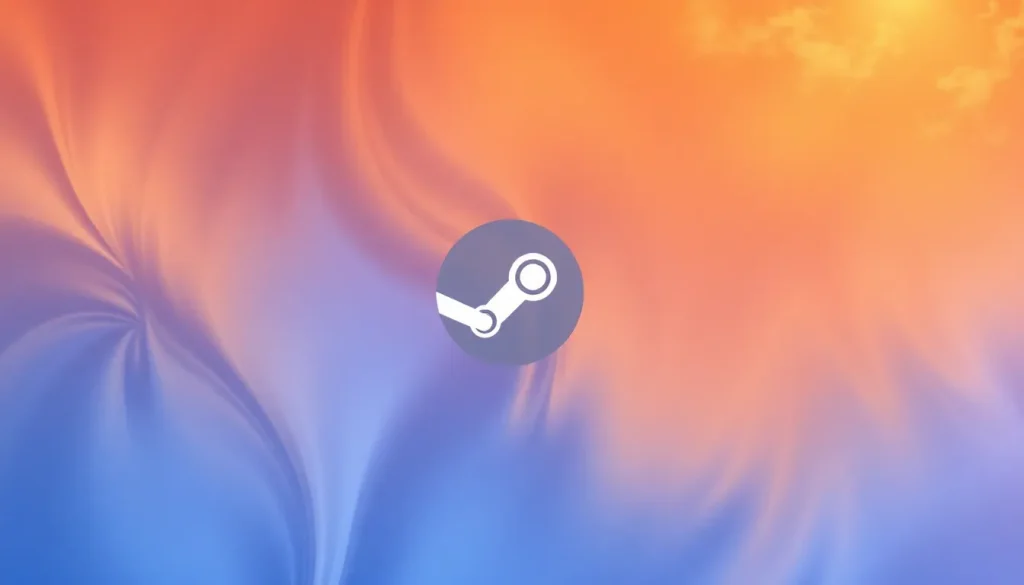Steam ends support for Windows 10 32-bit systems

Valve has made an official announcement that is set to mark a significant shift in the gaming landscape: Steam will cease support for the 32-bit version of Windows 10 in January 2026. This decision is not entirely unexpected, given the diminishing usage of this operating system, which currently accounts for a mere 0.01% of the market share.
This development can be viewed as the inevitable conclusion of a trend that has been unfolding for several years. Industry leaders, such as NVIDIA and AMD, have already taken steps to phase out support for 32-bit operating systems. NVIDIA stopped releasing drivers for these systems back in 2017, followed by AMD in 2018, meaning that users with 32-bit systems have not received updates for their graphics drivers for quite some time.
Current State of Steam Support
As of now, the Steam client for 64-bit Windows 10 will continue to receive updates and support. This will remain in effect even after Microsoft ends its support for Windows 10 on October 14, 2025. Users can expect the 64-bit version to remain operational for several years to come, ensuring a smoother gaming experience compared to its 32-bit counterpart.
What Does This Mean for Windows 10 32-bit Users?
So, what implications does this announcement have for users still on the 32-bit version of Windows 10? Valve has clarified that while the Steam client will continue to function after support ends, users will no longer have access to technical assistance or updates.
It's worth noting that the lack of ongoing support may lead to several issues over time. Users might encounter bugs or performance problems as the client becomes increasingly outdated. Eventually, it is likely that the client will cease to function altogether, effectively cutting off access to the platform.
What Should Users Do?
For those using the 32-bit version of Windows 10, the most straightforward solution is to upgrade their operating system. The most logical next step would be to install 64-bit Windows 10, but given the impending end of support for this version, the best course of action might be to move directly to Windows 11.
- Upgrade to Windows 10 64-bit: A direct transition to the 64-bit version can provide immediate benefits, including better performance and compatibility.
- Consider Windows 11: If your hardware meets the requirements, upgrading to Windows 11 would future-proof your system.
- Take advantage of the one-year extension: Microsoft is offering a free year of support for Windows 10, which could be useful for those delaying their upgrade.
- Install Windows 10 LTSC: This Long-Term Servicing Channel version receives extended support and could be a viable alternative for users needing a stable environment.
By making these changes, users can avoid the pitfalls associated with the cessation of support for 32-bit systems on Steam. After January 1, 2026, the support for 32-bit operating systems will come to an end, but the Steam client may still function for some time. However, this announcement signifies the conclusion of an era that has been in decline for quite a while.
The Future of 32-bit Systems in Gaming
As technology advances, the gaming community is seeing a gradual shift away from 32-bit systems. This transition reflects a broader trend in the tech industry, where performance and efficiency are prioritized. The discontinuation of support for 32-bit systems across various platforms presents an opportunity for users to embrace more modern technologies.
Moreover, many games are increasingly demanding in terms of system resources, making 64-bit systems a necessity for optimal performance. Users can expect:
- Improved memory management and performance.
- Access to more modern game titles that may not support 32-bit systems.
- Better compatibility with newer hardware and software solutions.
Conclusion: Embracing Change
The announcement of Steam ending support for 32-bit Windows 10 systems is indeed a significant turning point. While the client will still function post-January 2026, the lack of technical support and updates will make it increasingly impractical for gamers. As the industry continues to evolve, embracing newer operating systems and technologies will be crucial for an optimal gaming experience.
For further insights on this transition, you can watch the following video that discusses the implications of Windows 10's support ending:




Leave a Reply